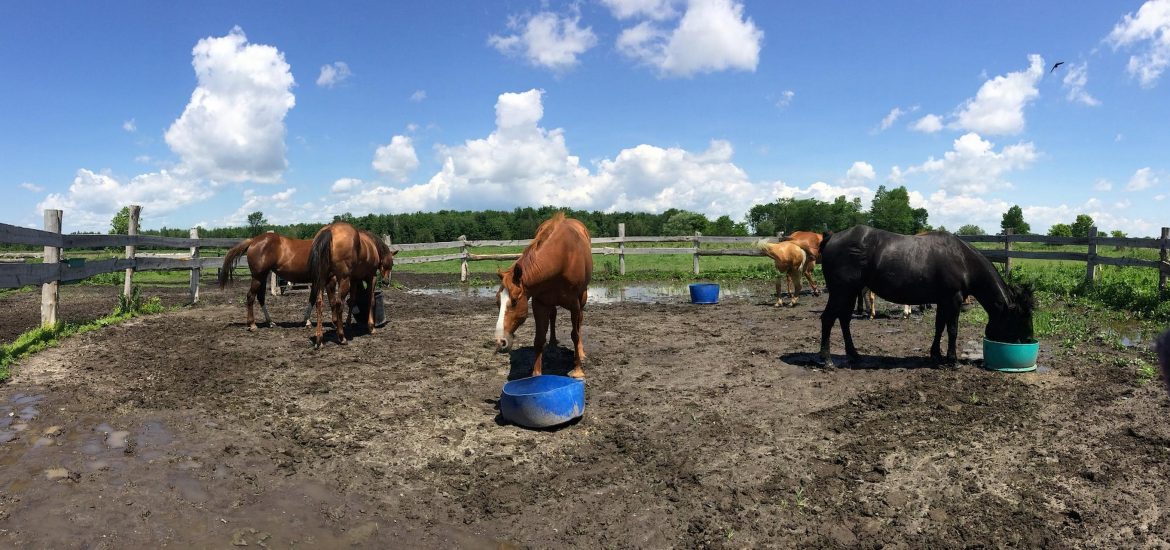Probiotics are known to be beneficial for gut health in humans but what about for your horse? In humans, researchers have shown for the first time that the concentration of different types of immune cells in the blood changes in relation to the presence of different bacterial strains in the gut.
As cases of viral infections such as EVA and African Horse Sickness continue to occur in horses more regularly in the UK and Europe, it is interesting to consider how a horse’s microbiome may aid in protection against invasive viruses in the future. Experts in the field have been using current findings to explore how the microbiome may protect against threats such as these.
It is thought these could be direct effects by improving mucosal barrier function in the gut by limiting the ability of viral particles to cross this physical barrier, for example. It is also thought that direct virucidal effects could be interfering with the adhesion of the virus to the mucosal surface.
What are Probiotics?
Probiotics are live microorganisms contained in a feed or supplement product. When fed to horses, it is believed that there is an increase of the beneficial bacteria that support digestion thereby counteracting digestive upset. Digestive upset is often caused by an imbalance between the good and bad bacteria in the hind gut of the horse. Just as in humans this can occur as a result of stress, change of diet or intensive exercise. The use of probiotics is in effect replacing good bacteria that may have been lost from the gut.
Understanding The Horse’s Gut
Horses are hind gut fermenters which simply means fermentation of ingested fibre takes place in the caecum and large intestine which is in contrast to ruminants such as cows and sheep who digest fibre in their stomachs. The main source of a horse’s diet, grass and hay, is broken down by microorganisms to produce essential nutrients that are absorbed through the horse’s colon.
Because the bacterial and protozoal flora of the hindgut are geared for fibre fermentation, it is susceptible to problems if large amounts of undigested starch and sugars reach the hind gut.
The correct balance between these good microbes in the equine hind gut and harmful bacteria can be easily upset when:
- starch that does not get digested from concentrated feeds ends up in the hind gut
- horses spend hours without forage to consistently graze on
- a sudden change in forage or feed without slow introduction (7-10 days at least is recommended)
- stress and anxiety occurs
It’s important to keep the balance of good and bad bacteria exactly right and the basic rules of feeding such as making changes gradually are ways this can be achieved.
Probiotics in Horses
Just like humans, each horse is unique in terms of their microbiota, which makes it very hard to determine how effective a particular probiotic supplement may be. When it comes to horse health, we know that feeding our horses high fibre horse feeds helps to promote gut health – it’s what they have evolved to digest and so it is logical that this type of diet is best for maintaining normal digestive function. More specifically, it can help to promote the mucosal barrier, as well as potentially reducing the risk of leaky gut syndrome.
Exercise training, for instance, has been said to potentially have an anti-inflammatory influence on horses. This is mediated through multiple pathways, and regular exercise could potentially improve immune regulation, delaying debilitating aspects such as age-related dysfunction. Regular exercise is generally beneficial for weight management and gut health, which supports a healthy immune system too.







